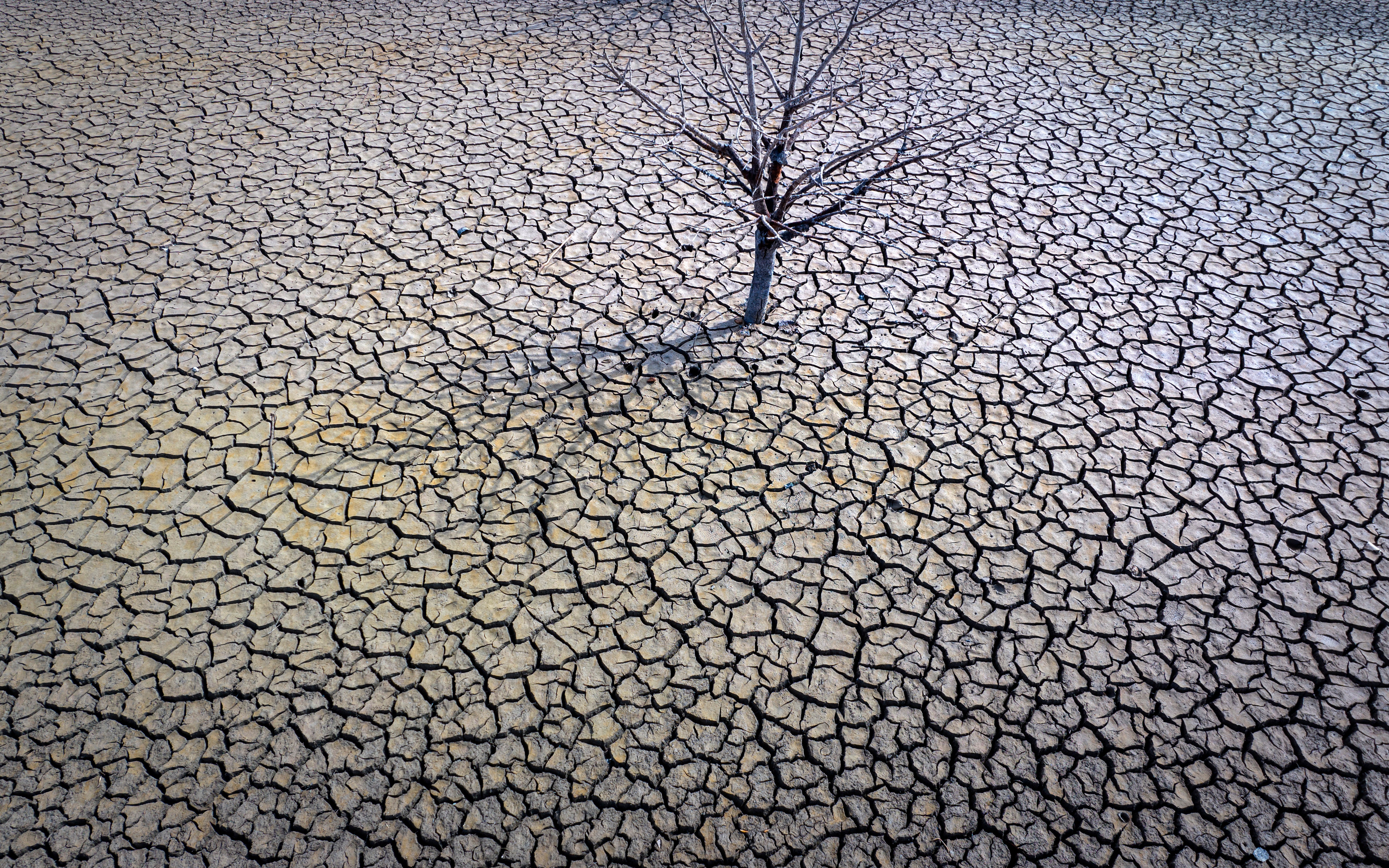Global temperatures likely to rise beyond 1.5C limit within next five years
There is a 98 per cent chance of the hottest year on record being broken by 2027, scientists have warned
Your support helps us to tell the story
From reproductive rights to climate change to Big Tech, The Independent is on the ground when the story is developing. Whether it's investigating the financials of Elon Musk's pro-Trump PAC or producing our latest documentary, 'The A Word', which shines a light on the American women fighting for reproductive rights, we know how important it is to parse out the facts from the messaging.
At such a critical moment in US history, we need reporters on the ground. Your donation allows us to keep sending journalists to speak to both sides of the story.
The Independent is trusted by Americans across the entire political spectrum. And unlike many other quality news outlets, we choose not to lock Americans out of our reporting and analysis with paywalls. We believe quality journalism should be available to everyone, paid for by those who can afford it.
Your support makes all the difference.Global temperatures are likely to surpass the key limit of 1.5C above pre-industrial levels in the next five years, scientists have warned.
The World Meteorological Organisation (WMO) said there is a 66 per cent chance of passing the temperature threshold between now and 2027.
It would be the first time in human history such a temperature has been recorded.
The WMO also said there is a 98 per cent chance of the hottest year on record being broken by 2027.
Hitting 1.5C, the limit established by the Paris Agreement, does not mean the world will remain there. The global average would need to be breached more than once before long-term warming can be said to have taken place.
WMO secretary general Petteri Taalas said on Wednesday that the agency was “sounding the alarm” that hitting the benchmark would happen with more frequency.
The update made for grim, but not entirely unexpected, reading as scientists have warned in report after report of the impact that greenhouse gas emissions, largely from burning fossil fuels, are having on global heat.
Beyond 1.5C, climate impacts will become more severe on people and the natural world, the Intergovernmental Panel on Climate Change warned earlier this year. Reining in every fraction of warming is critical, the IPCC stated.

Responding to the warning, the Green Party urged the UK government to halt all fossil fuel projects.
Party co-leader Carla Denyer said: “Our climate and natural world is in breakdown and the reason for this is crystal clear – the burning of fossil fuels.
“Despite this, the UK government continues to drive us all into further climate chaos by opening new coal mines, offering new oil and gas licences and spending billions on building new roads.
“Let this be the moment which shows those in power that they need to be taking decisive action now. I am urging Rishi Sunak to do the right thing and cancel the Cumbria coal mine, stop the Rosebank oil field and drop all new climate-wrecking oil and gas licences immediately.
“It is only by keeping fossils in the ground and investing in measures which reduce our emissions and improve the quality of all of our lives that we will ever be able to address this climate and ecological emergency.”
UK Met Office expert Dr Leon Hermanson said the temperature rise will likely come from a combination of greenhouse gases and a naturally-occurring El Nino event – a heating of the eastern Pacific which affects rainfall and temperature globally.
Typically, El Nino raises global temperatures the year after it develops so scientists are expecting extreme heat to really take hold in 2024.
For the past three years the world has experienced La Niña, with its opposing influence of cooling the planet and temporarily reining in long-term warming, WMO explained.
The developing El Niño will amplify the already extreme impacts caused by the climate crisis, pushing temperatures into “uncharted territory,” Professor Taalas said.
“This will have far-reaching repercussions for health, food security, water management and the environment. We need to be prepared,” he added.
Dr Hermanson noted that the current record for average global temperature is 1.28C. “It’s very likely we’re going to exceed that, we might even reach 1.5C – it’s more likely than not that we will,” he said.
“It’s not this long-term warming that the Paris Agreement talks about, but it is an indication that as we start having these years, with 1.5C happening more and more often, we’re getting closer and closer to having the actual long-term climate being on that threshold.”
Under the Paris Agreement, nations committed to rapidly cutting emissions to contain global temperature rise to the ambitious 1.5C, or at least well below 2C, this century.
Based on current policies, the world is projected to hit 2.7C this century.
The past eight years have been the hottest years that humanity has ever experienced. Overall, 2022 was the second-warmest year on record for Europe, while globally it was the fifth warmest year according to the data.

In April, Bangladesh, India, Laos and Thailand experienced record-breaking heat and humidity. Last month also saw a record-breaking heatwave in Spain, Portugal and northern Africa which scientists discovered was made 100 times more likely by the climate crisis.
Rising temperatures are also impacting oceans, making them hotter and more acidic, melting glaciers and ice sheets, and exacerbating extreme weather. The Arctic is experiencing disproportionately high impacts and warming at three times the rate of the rest of the world.
Rainfall patterns are likely to be disrupted by the temperature rise. Compared to the average across the past 30 years, May to September 2023-2027 could see increased rainfall in Africa’s Sahel region, northern Europe, Alaska and northern Siberia, and reduced rainfall for this season over the Amazon and parts of Australia.




Join our commenting forum
Join thought-provoking conversations, follow other Independent readers and see their replies
Comments